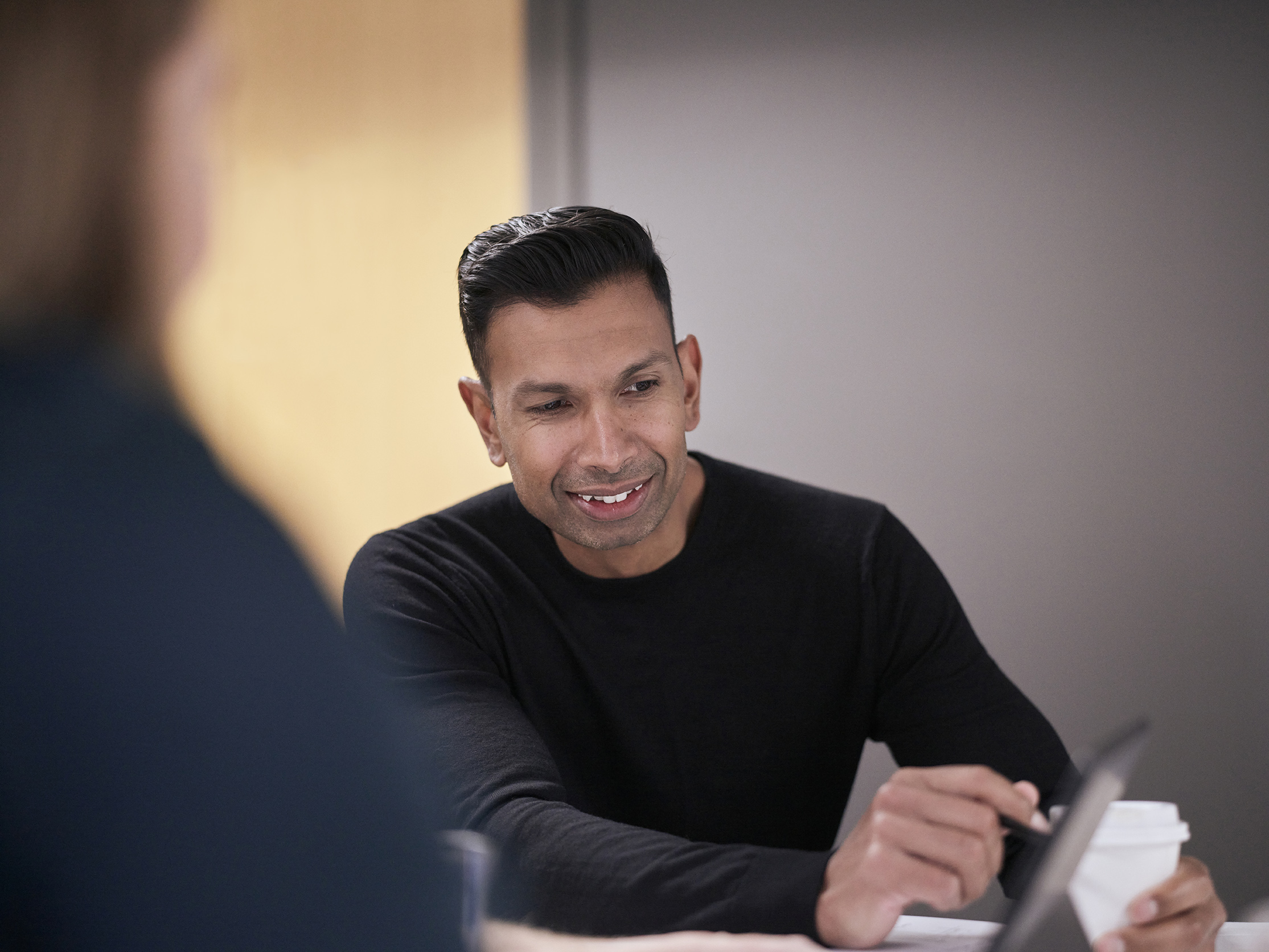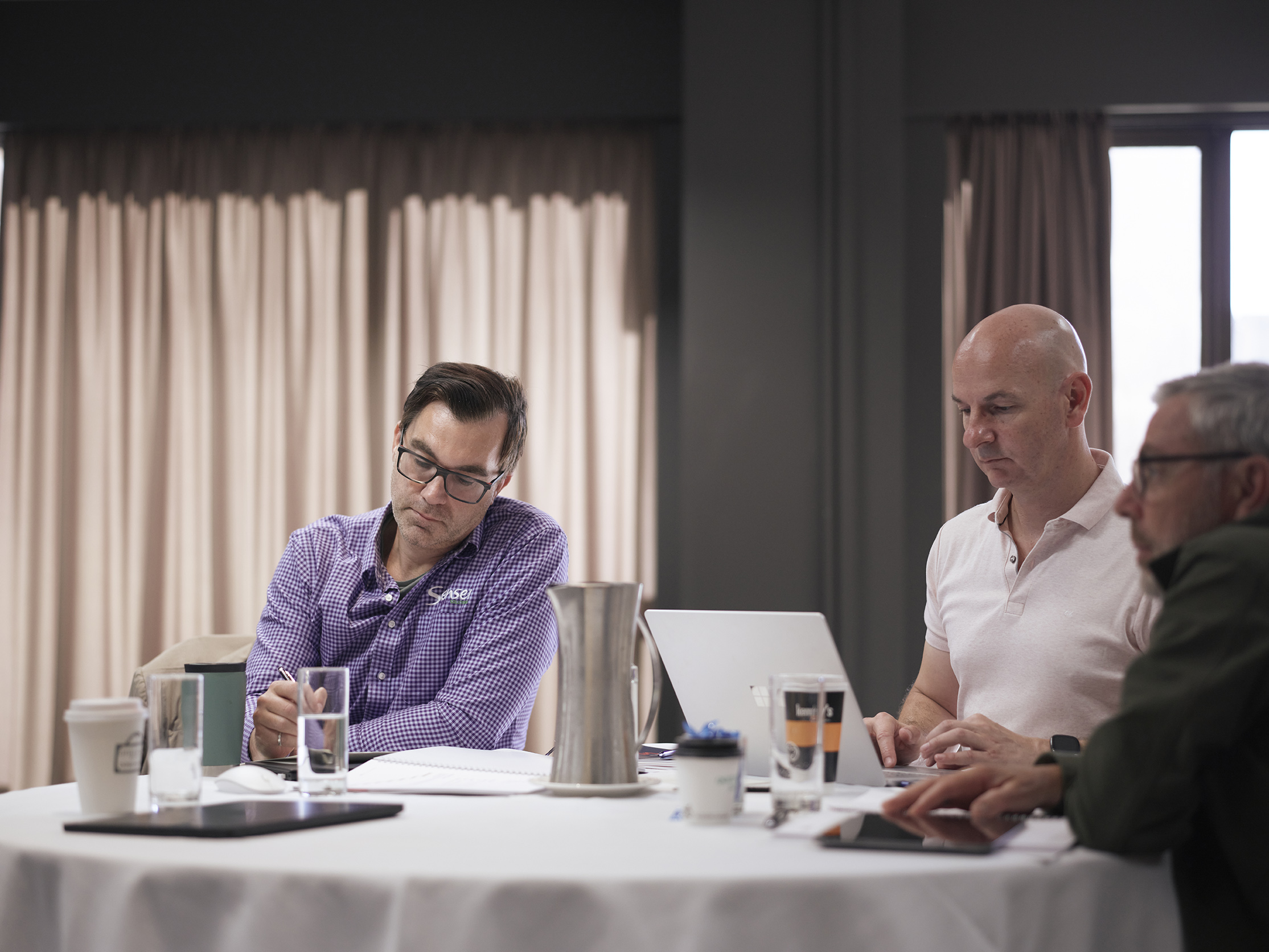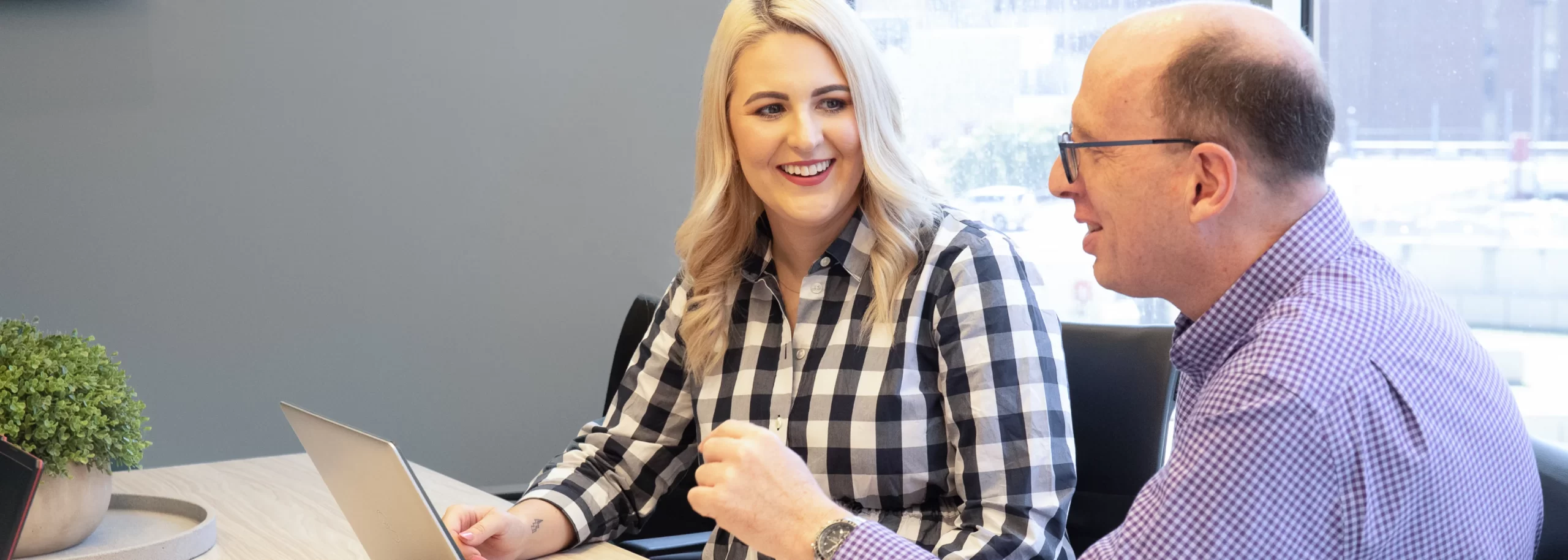Sensei aspires to be a workplace for everyone, regardless of background, age, gender, religious beliefs, identity, sexuality, level of physical health, or level of mental health. As such, one of our responsibilities as an employer of choice is to ensure that any team members (current or aspiring) feel safe and included in the workplace.
For team members who identify as neurodiverse (that is, people who have various neurological conditions, such as autism, ADHD, and dyslexia), Sensei’s Diversity and Inclusion (D&I) Committee has established a commitment across the business to ensure that neurodiverse employees feel welcome and valued as members of the team.
Management is on board with inclusions
The formation of the D&I Committee, and the actions that have taken place subsequently (including, but not limited to, those around First Nations Australians, gender pronouns, unconscious bias training, diversity statistics, parental leave updates, public holiday substitutions, inclusive language, website accessibility, etc.) have been a fair indication of Sensei’s willingness to embrace greater diversity and inclusion in our workforce. While there is always more to be done on this front, we feel that as a business, we are heading in the right direction.

Be open to change
In many respects, Sensei is a nimble, agile and progressive organisation, willing to pivot where required, and still at the size and shape where we can do so effectively. Despite this, some changes do take time, and require a longer focus and effort to achieve. However, in the context of D&I, the support shown to the D&I committee, and the broad reception of its initiatives across the business, we hope creates confidence for neurodiverse employees that we are open to learning, adapting and changing to create a welcoming and productive workplace for them.

Create supportive structures
What is potentially most important when engaging with neurodiverse team members, is working with them to put in place the ideal support structure. We have created a guide outlining possible adjustments and considerations that can be put into place and will work with the team member to ensure they feel appropriately supported (being aware that “too much” support may be overwhelming, so it does come down to the individual’s specific way/s of working and their needs and requirements). This can also be worked out progressively as they become more familiar with their role and with the working environment.

Don’t make assumptions
This is critical – at the end of the day, like all team members (regardless of their personal characteristics), every neurodiverse team member is an individual. We need to avoid making assumptions that what works for one employee will work for another or we run the risk of alienating a neurodiverse employee or not supporting them effectively.
Working with the neurodiverse team member and their manager to determine what works best for them is going to be the key and will go much of the way to ensuring the value ‘We care deeply about people’ is felt strongly by them.

Believe in the value of neurodiverse employees
Neurodiverse individuals often bring a range of skills, approaches, thinking styles and behaviours that expand the capabilities of our organisation, supporting us to create successful outcomes and increase the value we deliver.
Sensei is committed to understanding each individual’s strengths, how they can best be supported and what we need to change within our workplace to enable and empower a neurodiverse employee to achieve.

Make adjustments
In the context of neurodiverse team members, Sensei is pleased to offer information and adjustments for consideration, not only for the team member themselves, but their manager, and any relevant office managers involved in their employment. To read these considerations, click here.


